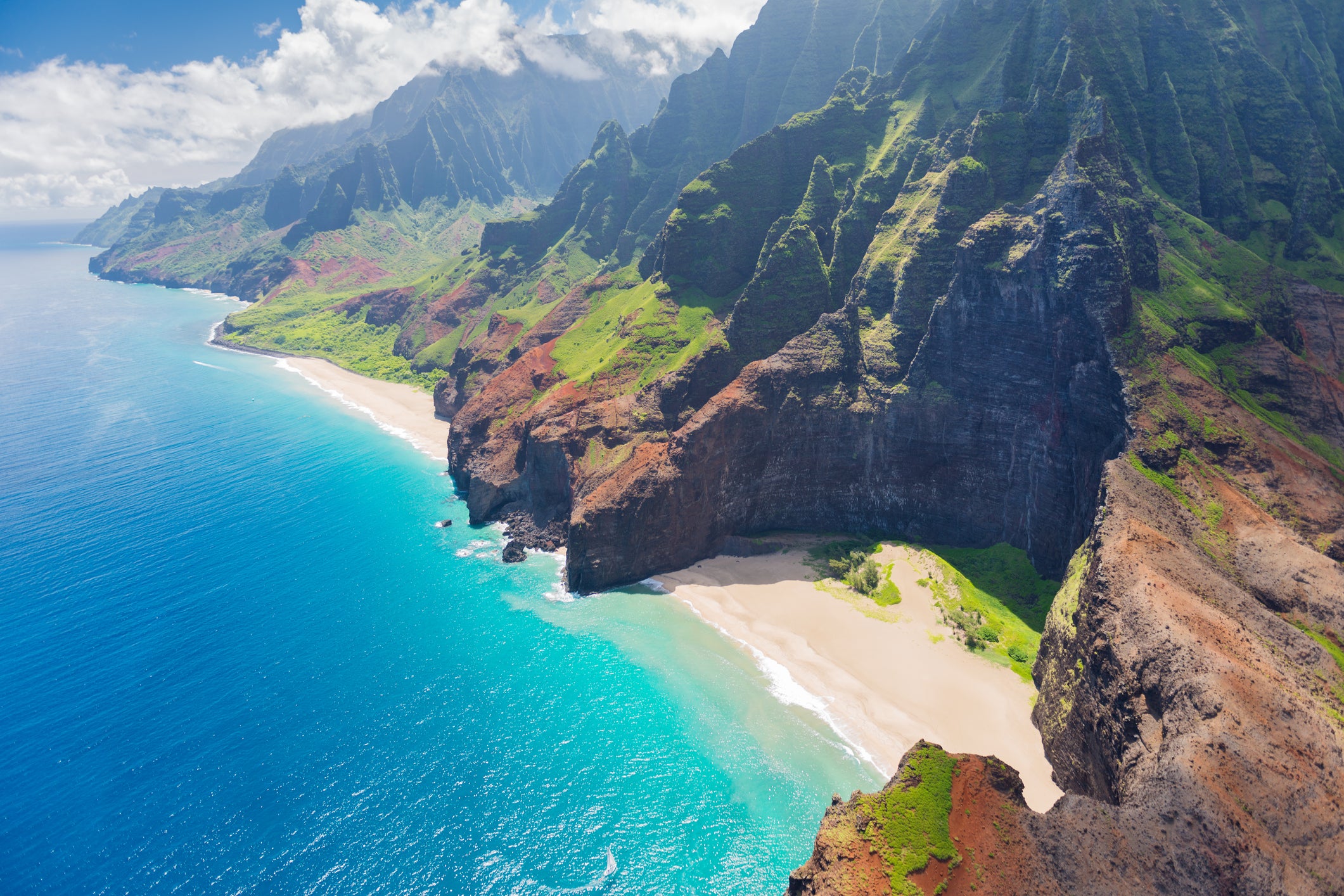The Independent's journalism is supported by our readers. When you purchase through links on our site, we may earn commission.
Hawaii bans sun cream that harms coral reefs
'I’m hoping we can look back in 20 years and say this is when we turned the corner on pollution,' said Senator Mike Gabbard

Hawaii has become the first place to ban sun creams containing two specific chemicals in an effort to protect its threatened coral reef.
Hawaii governor David Ige signed legislation which will prohibit the sale or distribution of suntan lotions that contain oxybenzone and octinoxate, chemicals which researchers believe are linked to widespread damage to coral reefs, from 2021.
Ige said that the ruling was the “first step” in protecting the fragile marine ecosystem that surrounds the US state’s coast, reported the San Francisco Chronicle.
“We are blessed in Hawaii to be home of some of the most beautiful natural resources on the planet, but our natural environment is fragile and our own interaction with the earth can have everlasting impacts,” Ige said at the bill signing.
“This bill is a small first step worldwide to really caring about our corals and our reefs in a way that no one else anywhere in the world has done.”
Estimates by environmental groups and the World Trade Organisation suggest that 6,000 tons of sun cream end up in coral reefs in places like Hawaii, where people swim and snorkel.
The Consumer Healthcare Products Association has argued that the two outlawed chemicals are safe and that their ban poses a risk to human health and safety.
Senator Mike Gabbard, who introduced the bill, contested industry concerns, saying that many products already exist without these chemicals.
The year 2018 marks the third International Year of the Reef, an initiative that aims to increase awareness regarding the plight of coral reefs worldwide.
A report published in April this year revealed that 50 per cent of all coral in the Great Barrier Reef had died, with scientists predicting that 90 per cent of coral reefs will have died by the year 2050.
Coral reefs are sometimes described as underwater rainforests due to their production of oxygen. As well as providing habitats for one out of every four marine species, they also act as essential barriers in protecting coastlines from the full force of storms.
Subscribe to Independent Premium to bookmark this article
Want to bookmark your favourite articles and stories to read or reference later? Start your Independent Premium subscription today.

Join our commenting forum
Join thought-provoking conversations, follow other Independent readers and see their replies